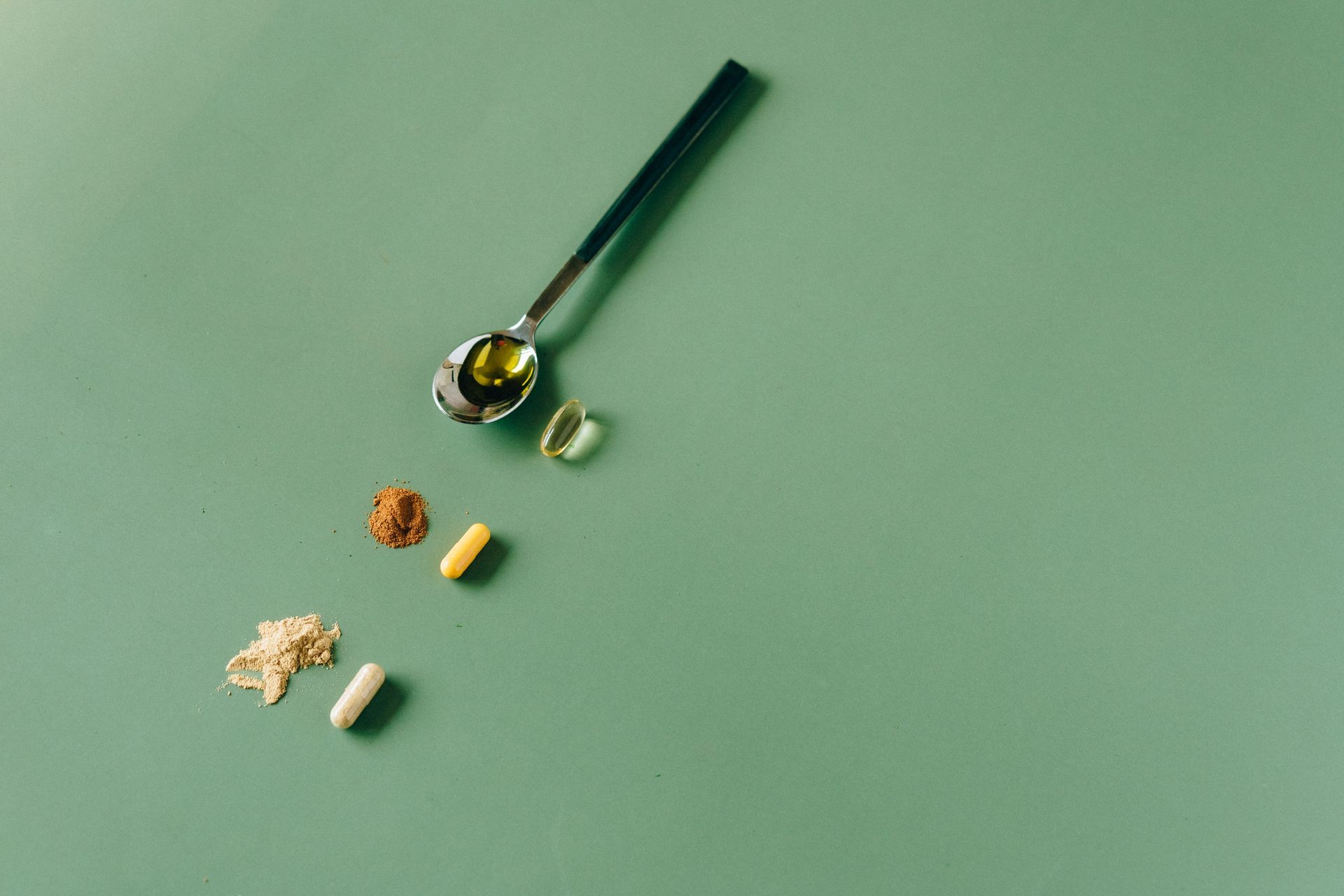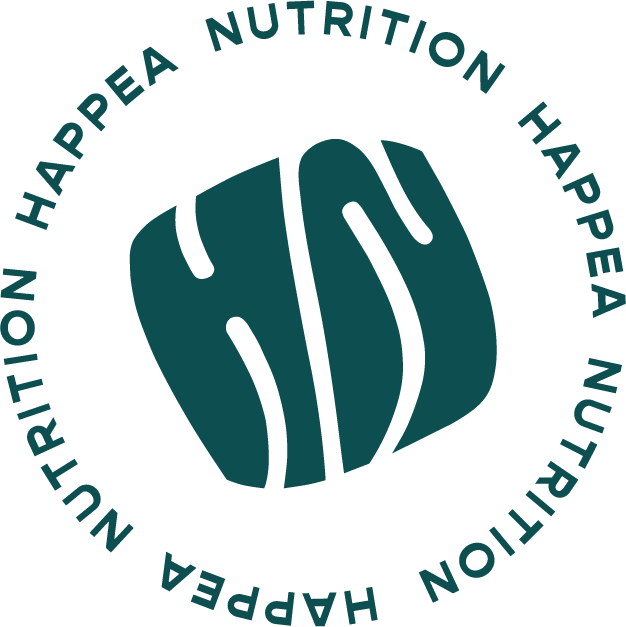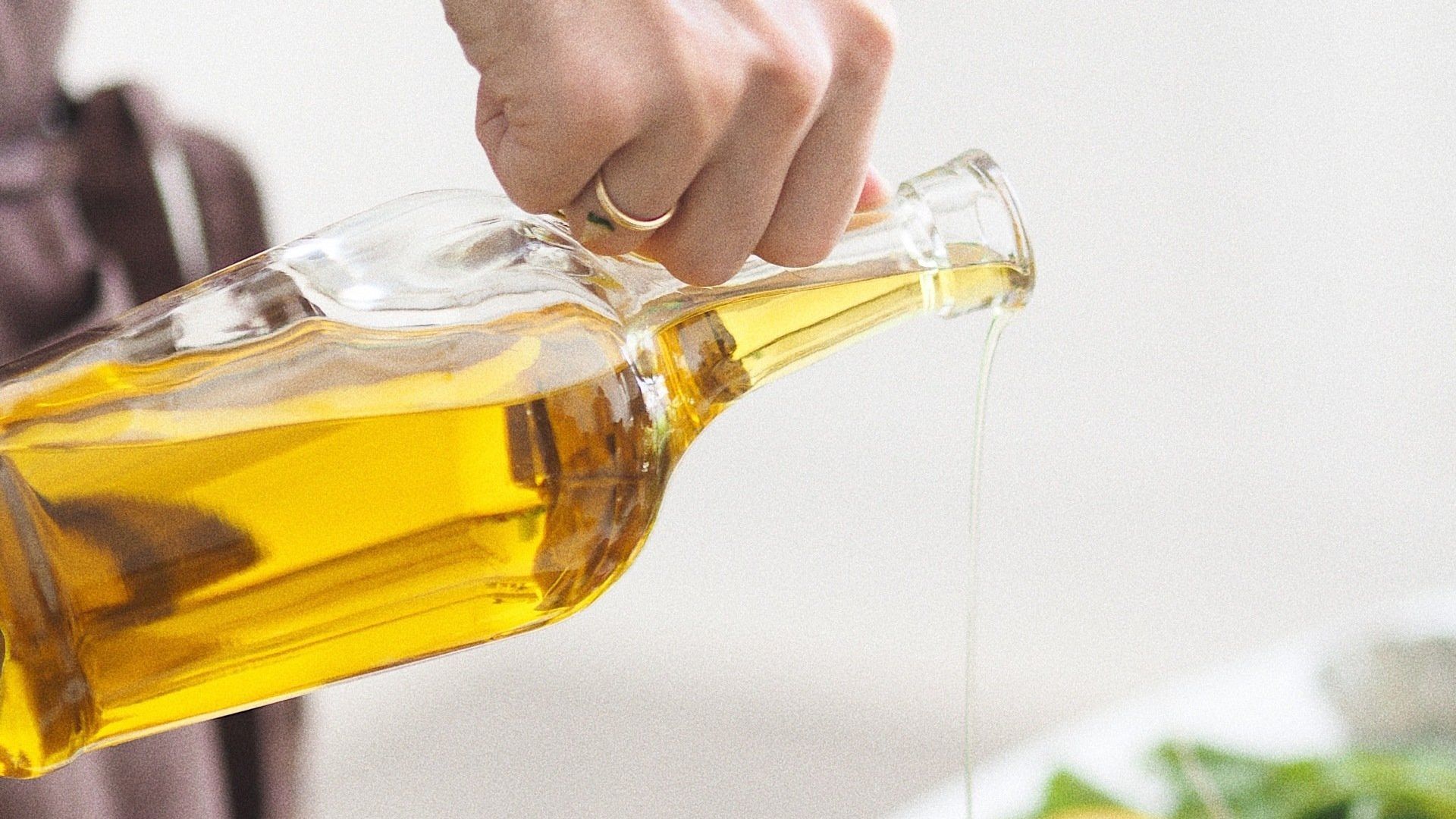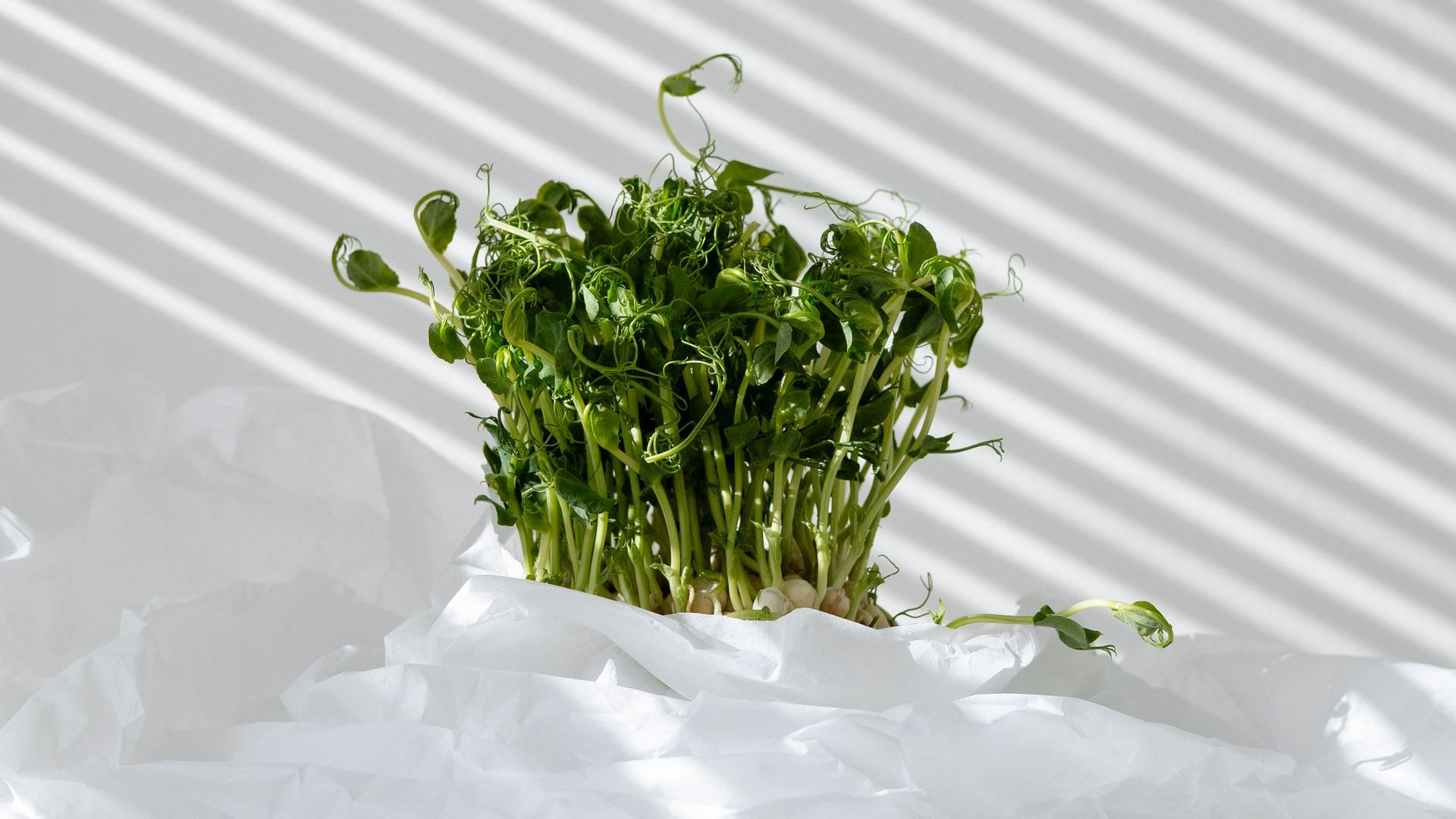Is all processed food bad?
Processed food has become the epitome of an unhealthy diet.
But the truth is that foods that have been processed can be part of a healthy diet.

When you imagine what eating healthy looks like, you probably envision a diet that consists of all fresh and homemade foods. We’ve been conditioned to believe that eating something that has been processed equates to unhealthy or bad.
But cooking from scratch often requires way more manual labor than our busy lifestyles permit. Whether you're a busy professional working 50+ hours a week and trying to maintain an active and social life or a stay at home mom who is never truly off duty, processed foods can help you minimize your time in the kitchen while maximizing your nutrition.
What is a processed food?
Across social media the term processed food is being used loosely and oftentimes with no regard to its definition. Food processing is doing ANYTHING to food. Therefore, a cleaned carrot you pick up in the store has in fact been processed form its natural state. Understanding the difference between minimally processed foods, processed foods and highly processed foods is very important.
Chopped lettuce in a bag is processed. A can of beans is also processed. But the food items still resemble what the food looks like in nature. A potato chip is highly processed because the food doesn't look like its natural form anymore. Those highly processed foods often get a worse reputation but this also is not always correct. For example, rice cakes are a food that many people (including myself) consider healthy. But they are highly processed and if it wasn't for their name, you'd never be able to tell they are made out of rice!
It's very reductionist to throw all foods that have undergone processing into one box and say they are bad. It also is a very uninformed statement.
How processed foods can be good
Now that we have cleared up the misconception that all processed foods are bad, let's see how they can help us meet our nutritional goals.
Canned
It is true that many canned foods are loaded with sodium. But you can get almost any canned product in a reduced or salt-free version these days. Just have a look at the label. Even if you can't find the low-salt version, you can rinse your beans or veggies before eating them to reduce the sodium content.
Canned beans are usually the only realistic way most of us will consume the superfood. I personally would never attempt to cook beans from scratch, would you? But they are a nutrition powerhouse and deliver essential nutrients, especially for those of us who try to reduce their intake of meat.
Frozen
Produce meant for freezing is harvested at peak ripeness and frozen quickly. Commercial freezing is so fast that all nutrients are preserved. This means that frozen fruits and veggies are superior to produce that is not in season. For example, buying fresh strawberries in winter likely means you are getting underripe berries that have never seen the sunshine and therefore are inferior in nutritional quality and taste. Purchasing frozen strawberries in winter is a way of ensuring you are getting produce that has a full flavor profile as well as the nutritional benefits you are seeking.
Of course there are downsides to frozen produce such as they aren't as beautiful, so if you need fruit for garnish, you will likely want to go with fresh. But that's about the only superiority fresh produce has over frozen.
Convenience
A winner in my opinion. I recently asked my Instagram followers if they do meal prep and about 80 per cent said they have no time for it. Most of my clients are just too busy to cook from scratch and I am sure you can relate. If you enjoy cooking and prioritize it, that's awesome! Most of us aren't that person though.
Lucky for the majority of us, there are very smart people out there called food scientists, who develop deliciously tasting products that are nutritionally complete and that you can prepare in a microwave or reheat in the oven in under 10 minutes.
Time is money
Because many processed foods are designed to save you time, you can get work done, enjoy time with fiends and family and still feel good about your choices. Why chop veggies when you can get them pre- chopped? Why cook rice when you can buy pre-cooked, frozen rice.
Keep in mind, a lot of people simply can't afford all fresh foods or taking the time to cook in between working full time and managing a household, even if they wanted to. Processing of food has given us the opportunity to spend time on tasks that many of us perceive as more important and enjoyable than cooking without giving up on the quality of our diet.
Eating healthy with precessed foods
Is all about making the right choices. Knowing which products to get and how to prepare them makes all the difference
Tips for grocery shopping
Understanding the nutrition facts label will help you make smart choices. Here are the things to look out for:
- Sodium is one of the biggest challenges when it comes to pre-made foods. It's usually on the higher end. That's bad because excess sodium is linked to an increased risk for heart disease. But spotting low-sodium foods is easy: pick those that are 140 mg of sodium per serving or less if possible.
- Limit added sugar intake by choosing the foods that have minimal amounts. The added sugar is not the same as total sugar on the label.
- Try to choose foods that are lower in saturated fat and opt for eating saturated fat from natural sources such as cheese, eggs, or meat.
- Understand serving sizes. While they are an estimate and not a recommendation for how much you should eat, you need to keep in mind how much of a food you are actually eating.
Guilt is not a food ingredient, so there is no need to feel bad about choices you make. The dose makes the poison and if you can have a balance of fresh foods and some convenience foods that make your life easier, that's great. On your next trip to the grocery store, instead of going without strawberries or sweet peas, take a stroll down to the freezer section.
Eating healthier has never been more accessible and with how busy our lifestyles have become, there should be no shame in eating some processed foods to ensure we are meeting our daily nutrient requirements.
Researched and written by Tiffany Adams specifically for Happea Nutrition. Edited by Paula Doebrich.
Share this



